Global carmakers and the big EV switch
World over, carmakers are shifting gears towards electric vehicles and ecosystems, with some planning to go all-electric in a few years
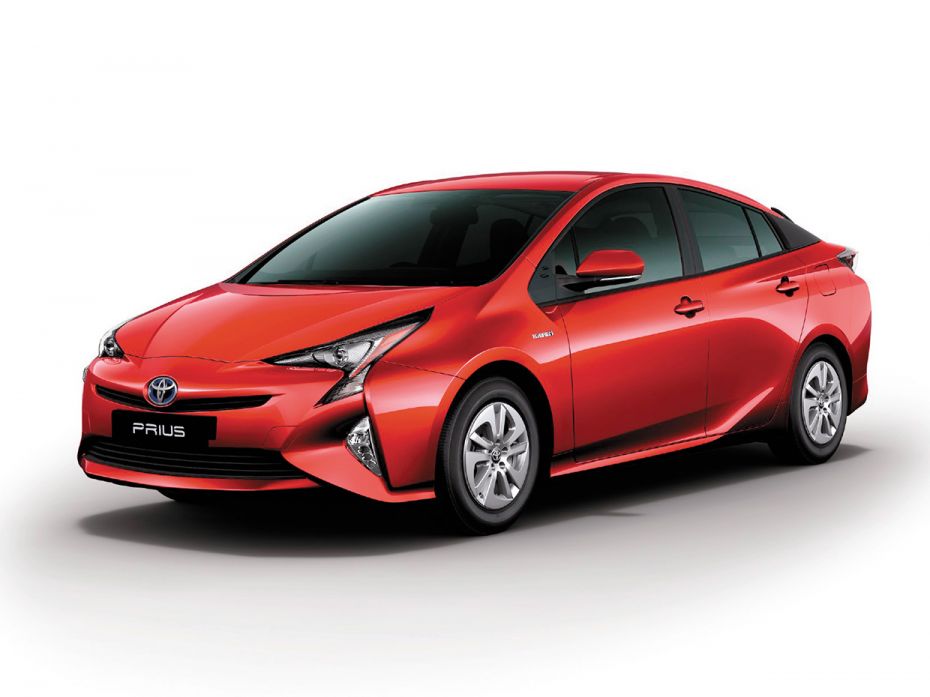 Toyota
Toyota
Launched in 2010, Prius was the world’s first mass market hybrid vehicle. “Toyota-Lexus has been leading the movement towards electrification,” Toshio Asahi, chief engineer, Lexus, tells Forbes India. Toyota plans to manufacture only electric vehicles by the year 2020, and will introduce 10 new models by then. It will also focus on the Chinese and Indian markets for these vehicles.
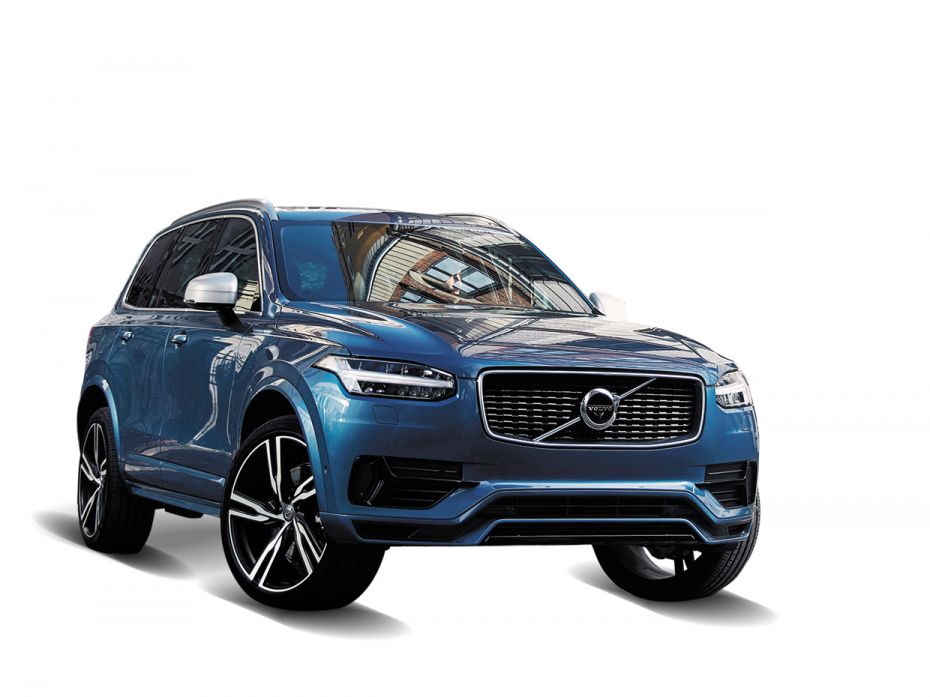 Volvo
Volvo
In 2017, Volvo announced its plans of going all-electric by 2019; at present it makes four plug-in hybrids, of which the XC90 T8 is available in India. “Every new Volvo [from 2019] will have an electric motor, marking the historic end of cars that only have an internal combustion engine and placing electrification at the core of our future business,” says Charles Frump, managing director, Volvo Auto India. India will get the first full-electric Volvo by 2020, with a target to have one million EVs running in the world by 2025. In India, the Swedish carmaker wants to be “an electric luxury leader, with EVs in various body shapes and price segments to differentiate us from other luxury car brands”, he adds.
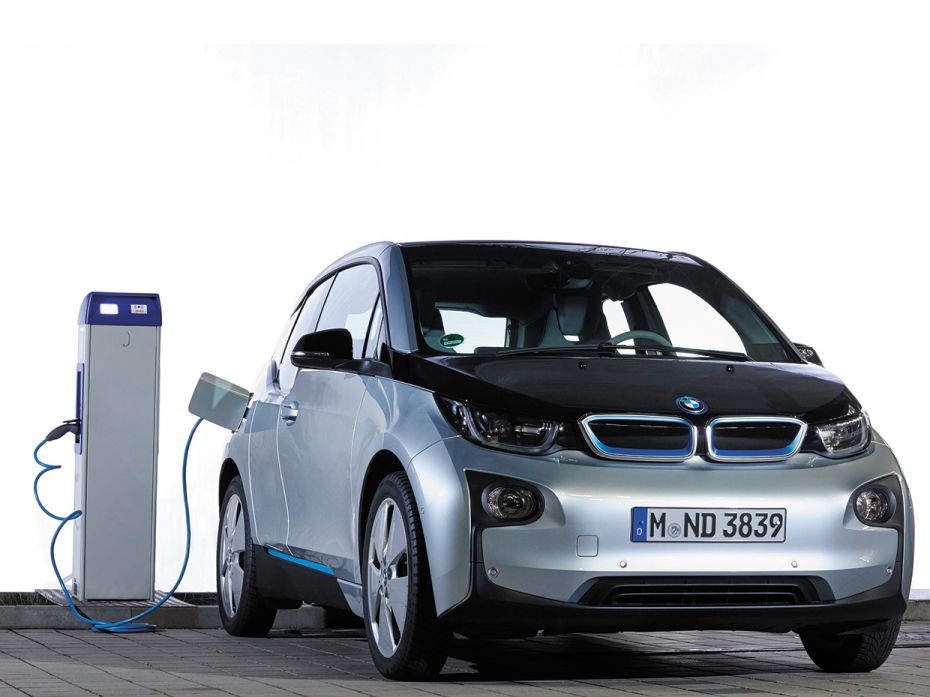 BMW
BMW
The BMW Group’s Project i was launched in 2007, with an initial investment of $100 million to set up BMW i Ventures, says Vikram Pawah, president, BMW Group India. The German carmaker started making EVs in 2013, and today has a range of five electric vehicles, of which the i8 is available in India. Globally, it has sold 2 lakh EVs so far.
The group will set up a 500-million euro venture capital fund over 10 years to invest in electric mobility, autonomous, digitalisation and other future technologies. It recently invested 400 million euros to produce BMW i models at its plant in Leipzig, Germany. An additional 200 million euro investment will be made over the next four years to set up a battery technology concentration centre in Munich. The centre will open in early 2019. BMW manufactures electric models at 10 plants globally, and has invested more than 100 million euros in electric mobility.
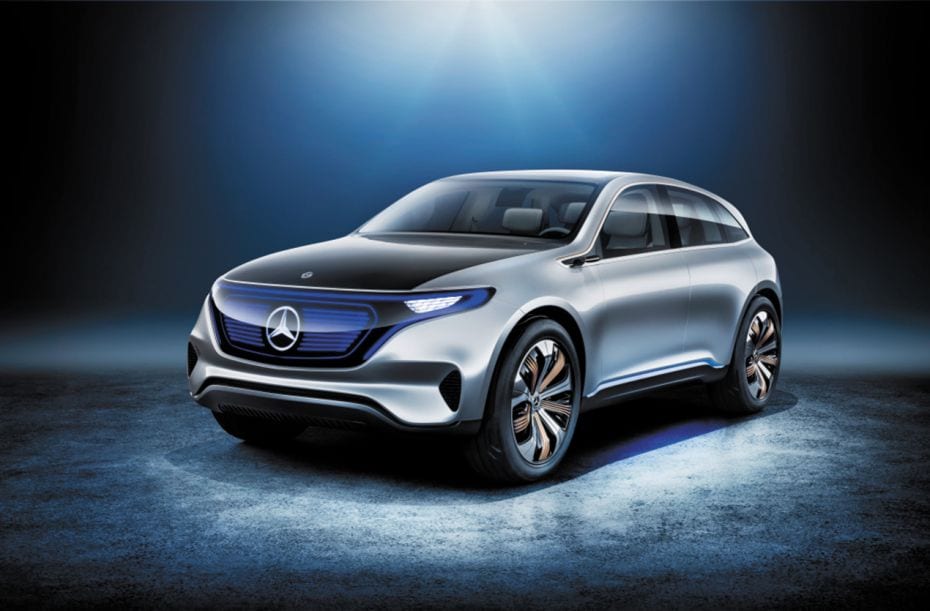 Mercedes-Benz
Mercedes-Benz
The German carmaker had introduced the B-Class Electric Drive in 2013, but it failed to entice buyers. Mercedes-Benz now has a dedicated brand—Concept EQ—for its EV segment, says Roland Folger, managing director and CEO, Mercedes-Benz India. “The EQ brand will offer EVs to wallboxes, charging services, and home energy storage units.” The first Mercedes-Benz to wear the EQ badge will be an SUV built at the company’s Alabama plant. Ten more all-electric models are likely by 2025; in India, they will be launched in a staggered manner.
The company has also invested about 500 million euros to set up Accumotive, “one of the largest and modern battery factories”, in Kamenz, Germany.
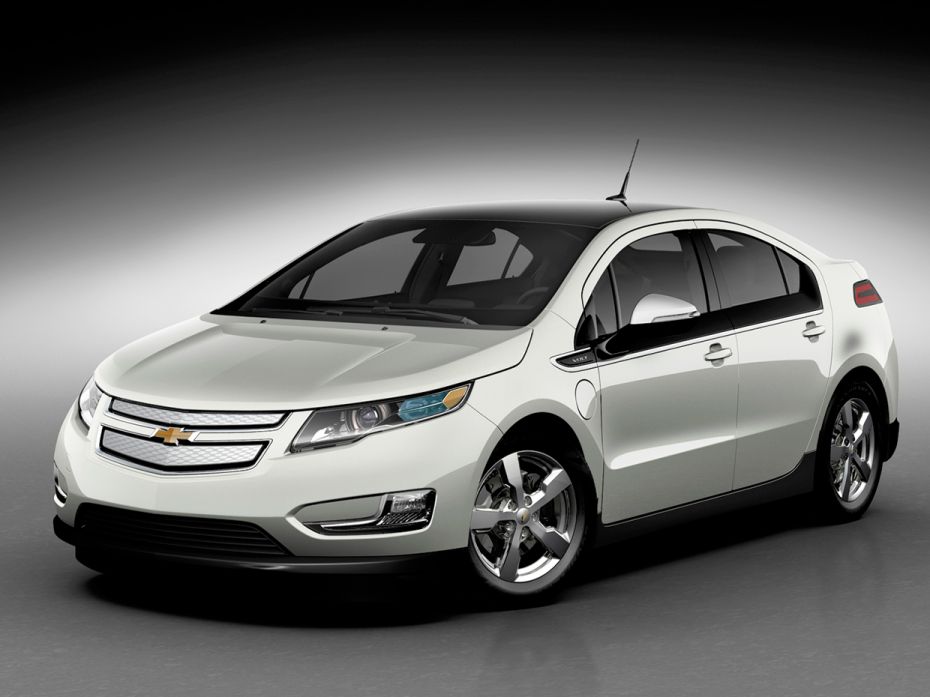 General Motors
General Motors
Ford plans to introduce 24 hybrid cars and 16 all-electric cars by 2022, and has a $11 billion investment plan. Early in 2017, General Motors announced it will go all-electric with 20 EVs by 2023. Its Chevrolet Volt, launched in 2010, was the first mass produced plug-in hybrid.
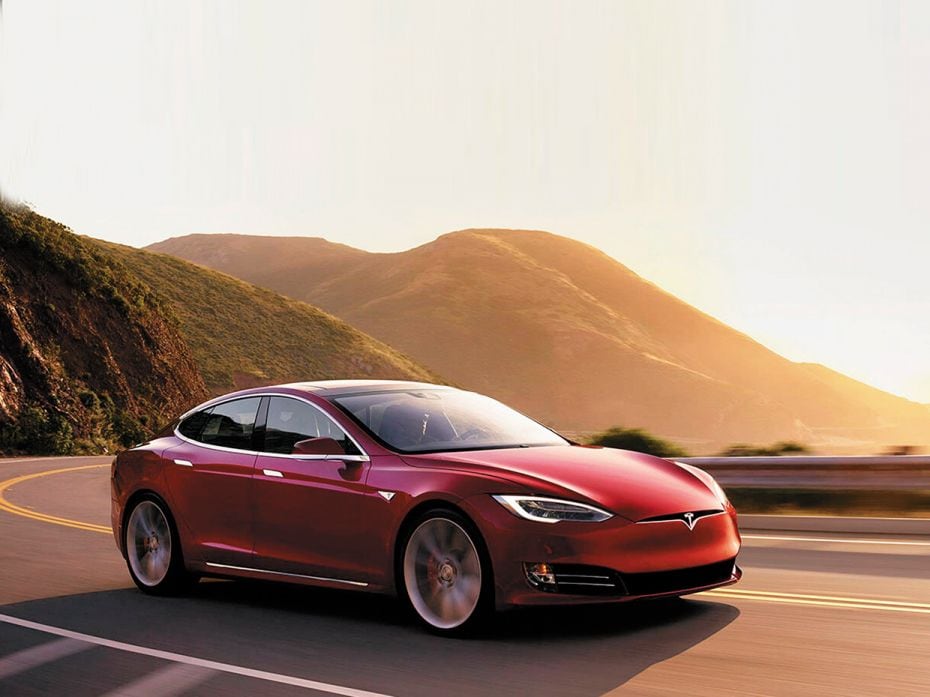 Tesla
Tesla
Tesla, the California-based company, that manufactures the S, 3, X and Roadster models, is setting up a factory, the Gigafactory, in Nevada to make batteries. Its network of superchargers has 1,130 charging stations with 8,496 chargers in Asia, North America, Europe and the Middle East.
Instead of targeting longer range, Honda is researching how far it can go on 15 minutes of battery charge. The target is 150 miles on 15 minutes of charge by 2020.
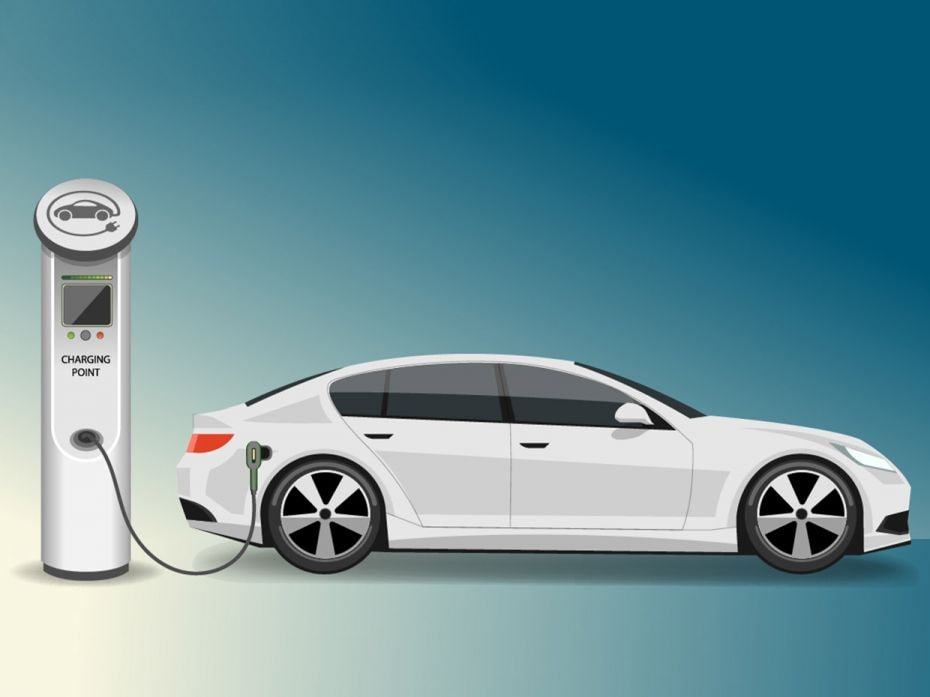 China
China
Seven Chinese carmakers—the Warren Buffett-backed BYD, SAIC, FAW Group, Geely (owners of Volvo), Great Wall Motors, BAIC and Dongfeng—are formidable players in the EV market. FAW, China’s oldest carmaker, is one of the country’s ‘big four’; BAIC is Daimler’s Chinese partner, while Dongfeng has an alliance with Renault-Nissan; BYD is the world’s largest EV maker.
China’s biggest electric carmaker Beijing Electric Vehicle Co—valued at $4.5 billion, and with 1.03 lakh EVs sold last year—is on its way to become the first state-backed new energy carmaker to get listed on a mainland stock exchange.